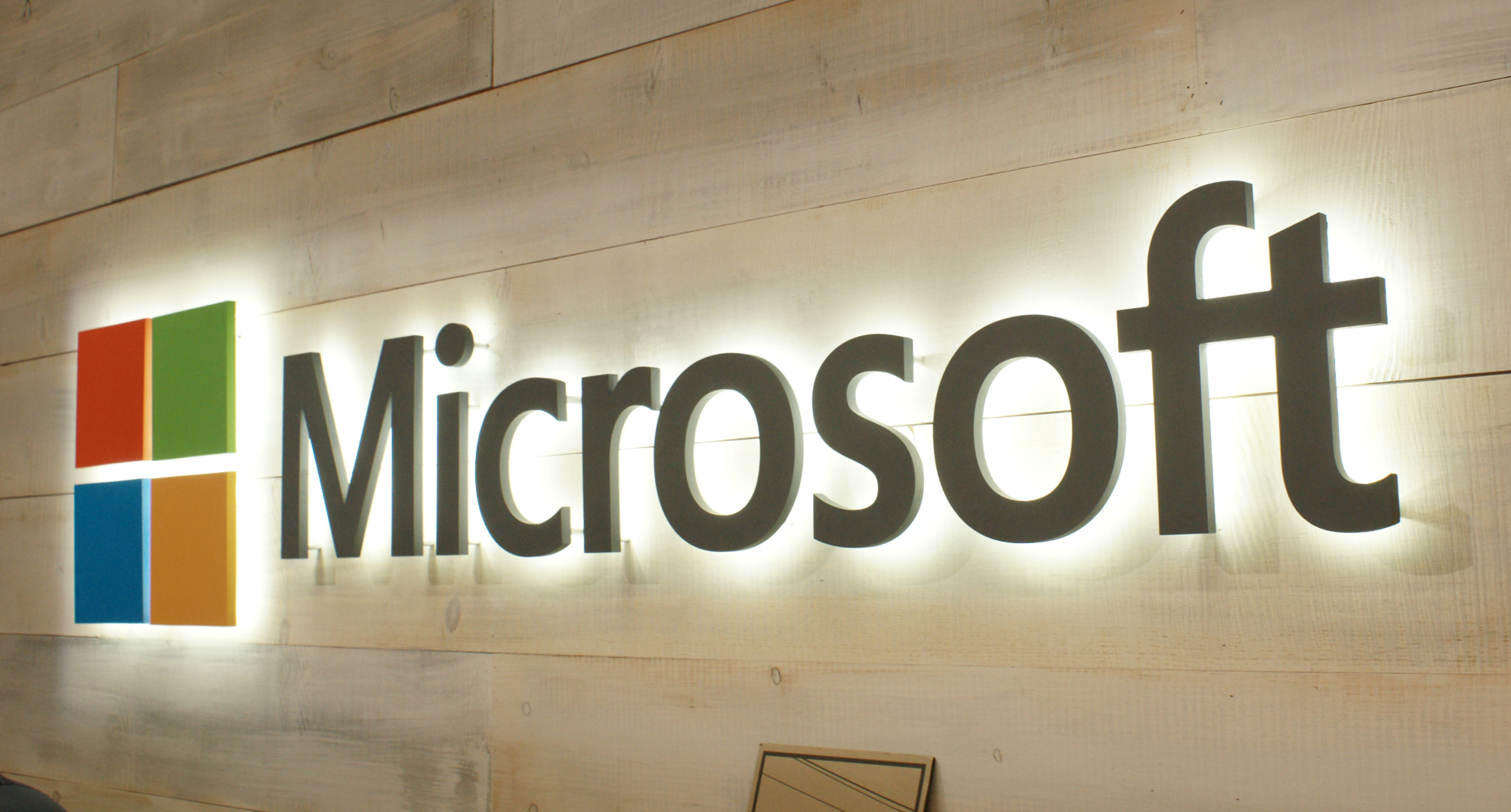
By Chrystèle Dumont
The COVID-19 pandemic can be said to have played a major role in streamlining the move to a more digitally operated world. More than ever, we have seen fast-tracked change in not only the spheres of education, but also a multitude of industries – where continuous skills development has shifted from a ‘nice to have’ to crucial for survival and relevance.
According to a report by Mckinsey Global Institute, its estimated that 800 million individuals will be required to learn new skills to adequately fulfil their jobs by 2030. This, coupled with our recent findings that by 2025 digital job capacity will grow by 149 million jobs, makes it clear that it is not enough to just make one off investment or show an adhoc awareness towards skills development. Pivotal to the continent’s survival and digital transformation journey, is a need to cultivate an ongoing culture of skilling.
At Microsoft, as part of our mission to enable every organisation and individual to achieve more, we have long committed to closing the skills and opportunity gap, assisting everyone – particularly those that have remained unreached or displaced by technology to acquire the skills, knowledge and opportunity to succeed in the digital economy.
For us, cultivating a culture of skilling implies continuously, keeping our pulse on an environment that is fast moving and very dynamic to ensure that we not only make long-term investments, nurture strategic partnerships and provide access to resources and connectivity, but also keep an acute awareness on innovations happening at a grassroots level – supporting solutions that will help address socio-economic issues.
We have always been very aware that for change to manifest and have the desired deep-rooted impact in the communities difficult to reach – we cannot act alone. Identifying and cultivating strategic partnerships with bodies and organisations has therefore played a crucial role in scaling our efforts and tapping into the tailored needs, where ordinarily would not be possible. Partnerships like the one we have with the African Development Bank and Coding for Employment have been designed to equip youth across the continent with the skills needed to secure ICT, ICT- enabled and ICT services employment. All this, with a long-term goal of upskilling 50 million youth. Another target of this partnership involves the creation of 25 million jobs within GDP contributing sectors such as agriculture and ICT.
Worth mentioning as well is our digital skills program, which since 2017 has upskilled around 4.8 million underserved youth in Africa and in so doing leaving half a million-youth employable and supporting the direct employment of over 27,000 youth, providing 2,680 internship opportunities, as well as enabling over 1,500 aspiring entrepreneurs to establish their own businesses.
A culture of skilling can only be created through long-term consistency. For us, Africa has been and remains a melting pot of opportunity and innovation and thus, its potential must be nurtured. As a demonstration of our commitment in this regard, we launched the first Microsoft Africa Development Centre (ADC), with two initial sites in Nairobi, Kenya, and Lagos, Nigeria. Through infrastructure investment in the centre and the employment of qualified local engineers, we expect investments across the two ADC sites to total US $100 million over the first five years of operation. Our current goal here, is to have more than 500 engineers across both locations in the first five years of operation.
Many investors have made the mistake of focusing solely on the needs of big corporations as catalysts of change during the fourth industrial revolution. When in fact, unprecedented innovations and contributions come from small business owners across the continent who, to scale and create impact require investment and access. At Microsoft, we have long worked with startups with the purpose of upskilling and reskilling. Through our Startup Hub we have cultivated over 78 partnerships alongside governments, accelerators, incubators, funders and CSP to build a 360 support to start up ecosystem in Morocco, Nigeria, Kenya in FinTech, Healthcare, Education and AgriTech. We have worked with government agencies to provide teaching training on computer science education all with the purpose of ensuring the adoption of gender responsive pedagogy in schools.
Forwarding digital transformation without providing access to the necessary technologies and resources to those who otherwise would not be able to embark on this journey with enough support and ease would be futile. With this in mind and in response to the economic crisis caused by the COVID-19 pandemic, we recently announced a new global skills initiative aimed at bringing more digital skills to 25 million people worldwide by the end of the year. Expanded access to digital skills is an important step in accelerating economic recovery, especially for the people hardest hit by job losses.
While much is being done to upskill and reskill across the globe in response to the COVID-19 pandemic, the need for enabling through the provision of adequate skilling has been around for a while. And while this certainly has been brought to the fore in recent times, it is of absolute importance that we continue to reinforce this culture so that if unforeseen events occur again, as a continent, we are ready and able to transition and transcend.
Dumont is Marketing and Operations Lead, Microsoft Middle East Africa – Emerging Markets

